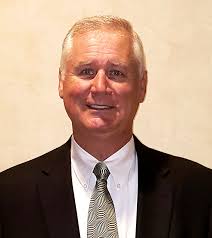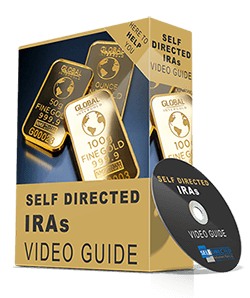Investing in a 401(k) is a cornerstone of retirement planning, offering tax benefits and the potential for long-term growth. Here’s a clear, actionable introduction to help you make the most of your 401(k) and avoid common pitfalls:
Key Advice for 401(k) Investments
- Start Early and Contribute Regularly: The earlier you begin saving, the more time your money has to grow through compounding. Aim to contribute consistently, even if the amount is small initially. Increasing your contribution in 401(K) over time, especially when receiving raises, can significantly boost your savings.
- Take Advantage of Employer Matches: If your employer offers a match for your contributions, ensure you contribute enough to receive the full match. This is essentially free money added to your retirement savings.
- Diversify Your Investments: Opt for a mix of asset classes, such as stocks, bonds, and mutual funds, based on your risk tolerance and age. Younger investors may benefit from more aggressive portfolios, while those nearing retirement should consider safer options.
- Monitor Fees and Performance: Keep an eye on the fees associated with your investment options, as high fees can erode your returns. Regularly review the performance of your chosen funds and adjust if needed.
- Avoid Premature Withdrawals: Early withdrawals often come with penalties and tax implications, reducing the funds available for retirement. Consider alternatives for financial needs to keep your 401(k) intact.
- Utilize Catch-Up Contributions: If you are 50 or older, you can make additional contributions above the standard limit. This is a valuable opportunity to boost your savings as you approach retirement.
401K Common Investment Mistakes to Avoid
- Neglecting to Increase Contributions: Sticking to the minimum contribution can limit your growth potential. Periodically review and increase your savings rate.
- Ignoring Tax Implications: Understand the differences between traditional and Roth 401(k) plans. Traditional contributions lower your taxable income now but are taxed upon withdrawal, while Roth contributions are taxed upfront but grow tax-free.
- Failing to Update Beneficiaries: Life changes, such as marriage or having children, should prompt updates to your beneficiary designations to reflect your current wishes.
Why It Matters
A well-managed 401(k) can provide financial security in retirement, reduce reliance on social security, and offer peace of mind. By making informed decisions and avoiding common missteps, you can maximize the benefits of this essential savings tool.

Rick Pendykoski is the owner of Self Directed Retirement Plans LLC, a retirement planning company based in Goodyear, AZ. He has over three decades of experience working with investments and retirement planning, and over the last ten years has turned his focus to self-directed ira accounts and alternative investments. If you need help and guidance with traditional or alternative investments, call him today (866) 639-0066.




